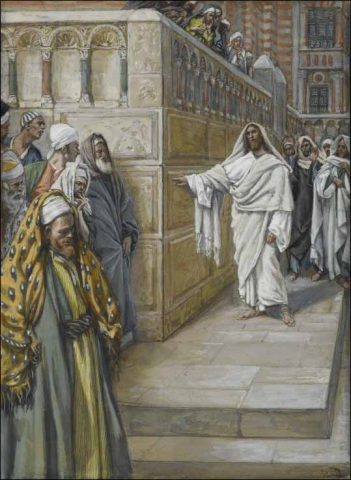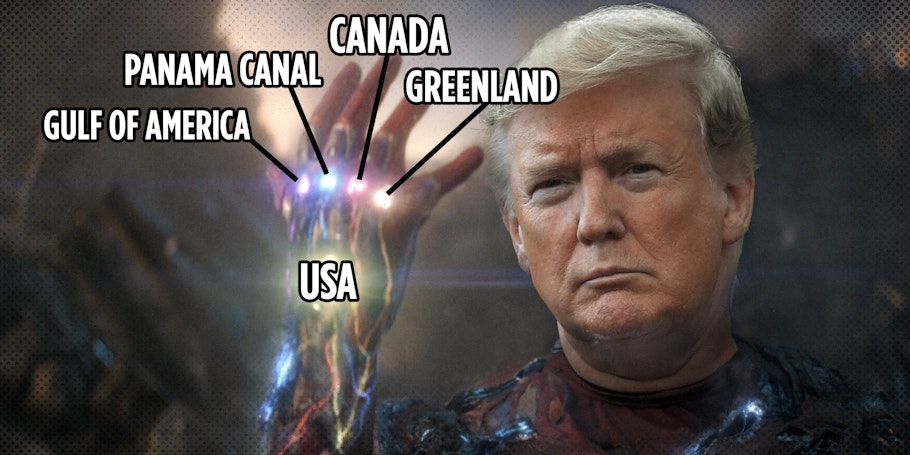In Bernard Lewis and Buntzie Churchill’s book, Islam, the question of diversity and tolerance comes up. They maintain that two types of religion exist: a relativist one and a triumphalist one.
Relativist religion means that “just as men have invented different languages to talk to each other, so they have invented different religions to talk to God, and God understands them all.”
The triumphalist view, which Christians and Muslims share, holds that God has revealed to one or other of them His “final message to mankind, which it is their duty not to keep to themselves like the Jews, Hindus, and others, but to bring to the rest of humanity.”
Obviously, Islam and Christianity can both be wrong. They cannot both be true at the same time. Christianity cannot hold that Muslim revelation replaced and corrected its errors. Islam holds that Trinity and Incarnation are impossible.
The gentle Christ is often much tougher than we admit. In John 15, believers are told that the world will hate them. But it hated Him first. The world loves those who accept its modes of thinking and doing. Moreover, Christ’s followers were chosen. No self-selection here. Christians were to expect that they would be treated as Christ was.The relativist presupposition is that “religion” is a man-made deal. It is a form of justice. Neither Christianity nor Islam thinks that either one developed a religion by human efforts. Separate directions were given to each about what God is and what they were to do. An accurate knowledge of God was something God wanted known among men.
Many Christians, this very day, are being treated exactly as Christ was. It is rather eerie: “And they will do these things on account of my name because they do not know the one who sent me.” To “know a name” is to know what a thing is.
In John, these enigmatic words follow: “If I had not come and spoken to them, they would have no sin, but, as it is, they have no excuse for their sin.” Blunt words. The passage in John is not the whole of revelation, but nowhere in revelation are these words rejected or denied. Christ is rejected because the Father is rejected.
The initial question was: “Why does thought matter?” Whether we like it or not, we ought to know certain things. The Incarnation took place in order that we might know them. Not just any way to talk of God was adequate. Wrong ways of conceiving God were not just neutral musings. If we do not get it right about God, we will not get it right about what is most important to us. Hence, if they “persecuted” Me, they will persecute you.
The accusation against God is recalled indirectly from Judas. It was better that he not be born. (Mark 14:21) Thus, God Himself caused our problems by sending Christ to inform us more clearly who and what God was. Thus, if Christ had not come, this sin would not be found. At first, that sounds like a good deal. Yet God evidently rejected this not-sending-amongst-us-to-avoid-sin argument. “Why?” we wonder.
Human autonomy, uniqueness, and dignity today are mostly built on the premise that freedom is prior to truth. But in God, freedom follows the Father and the Logos, follows what God is. This sequence is true in us also: “They do not know the One who sent Me.” So the main human issue has to do with the One who sent Christ, the Word, into the world. The Father accomplished His purpose in creating finite beings like ourselves by sending His Son into the world.
In this world, Christ was and is rejected by many. The drama continues in each of us all the time. It is not something in a vague past, but something in a vivid present. We choose not to see it. “If I had not spoken to them,” there would be no sin. Sin consists in refusing to recognize what we are. This refusal is freedom without logos.
This latter freedom is a teaching found almost everywhere today, including in Islam. Christianity evidently means that no real freedom exists without the Logos related to Him who sent Christ into the world. This is why thought matters.







